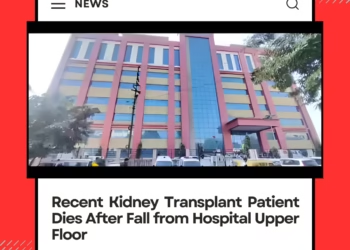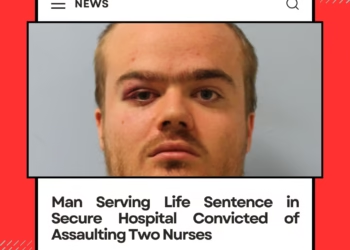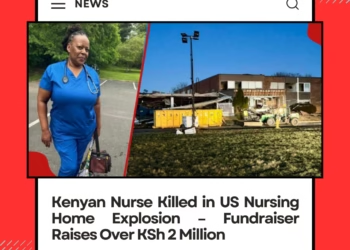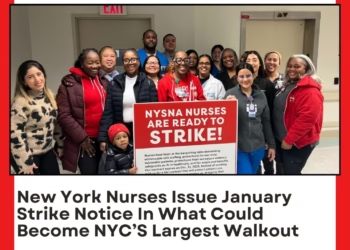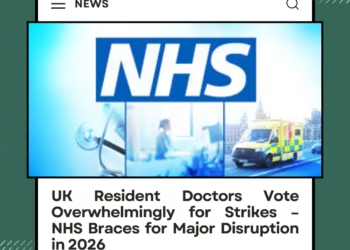Fellow Nurses Africa | Lagos, Nigeria | 28 November, 2025

FNA News
28 November 2025
New week, new policy: American dream on hold as Trump moves to ban all migration from Nigeria and others
In a stark escalation of his administration’s immigration agenda, United States President Donald Trump has announced a “permanent pause” on all migration from so-called “Third World countries”, a sweeping category encompassing Nigeria and more than 60 nations across Africa, Asia and the Pacific. The declaration, issued via a Thanksgiving Day statement on his Truth Social platform, comes amid heightened national security rhetoric following a fatal shooting of two National Guard members near the White House on Wednesday.
Mr Trump described the policy as essential to “allow the US system to fully recover”, vowing to reverse “millions of Biden illegal admissions”, terminate federal benefits for non-citizens, and initiate “reverse migration” by deporting individuals deemed public charges, security risks or “non-compatible with Western Civilization”. While no formal executive order has been published, the US Citizenship and Immigration Services (USCIS) has confirmed an immediate review of green cards issued to nationals from “countries of concern”, including Nigeria. This builds on earlier 2025 restrictions, such as a June travel ban affecting 19 countries, and echoes a 2020 measure that curtailed immigrant visas for Nigerians.
The move has sparked widespread alarm in Nigeria, where migration to the US – particularly among skilled professionals – supports a vital remittance economy worth $25 billion annually. Social media reactions from Nigerian outlets underscore the policy’s potential to “hit Nigeria hard”, with users decrying it as a betrayal of long-standing bilateral ties.
Profound implications for the nursing sector
For Nigeria’s nursing community, the ban represents a profound disruption to established migration pathways, such as the EB-3 skilled worker visa, which has enabled thousands of qualified nurses to address chronic shortages in the US healthcare system. Foreign-educated nurses comprise around 18% of the US’s 3.7 million registered nurses, with Nigerians among the top contributors from Africa. The US Health Resources and Services Administration forecasts a shortfall of over 78,000 full-time registered nurses by year-end, a gap that immigrant professionals have historically helped to bridge.
Industry analysts warn that the policy could intensify staffing crises in US hospitals and long-term care facilities, where foreign nurses often fill roles in underserved areas. In Nigeria, where the healthcare system grapples with its own exodus of over 110,000 nurses in recent years, the ban risks trapping talent domestically while curtailing remittances that fund local families and communities. Fact-checkers have debunked viral videos claiming outright visa halts for Nigerian professionals, but the administration’s broader directives signal a tightening of scrutiny on essential fields like nursing.
Fellow Nurses Africa’s response
Fellow Nurses Africa (FNA), the premier pan-African network for nursing advocacy and professional development, views this development with grave concern, emphasising the mutual benefits of skilled migration in global health resilience.
“This policy not only undermines the contributions of Nigerian nurses who uphold the highest standards of care in the US but also exacerbates workforce imbalances on both sides of the Atlantic,” stated Dr Fatima Kyari, FNA Executive Director. “We urge immediate exemptions for verified healthcare professionals and call for constructive dialogue to preserve these vital exchanges.”
In response, FNA is launching an expedited support initiative, including virtual consultations on alternative migration routes, enhanced CPD accreditation for domestic retention, and advocacy briefings for Nigerian policymakers. Members are encouraged to register via the FNA portal for personalised guidance.
As details of the policy evolve, FNA remains committed to empowering African nurses through evidence-based advocacy and solidarity. Updates will follow as verified information emerges.


